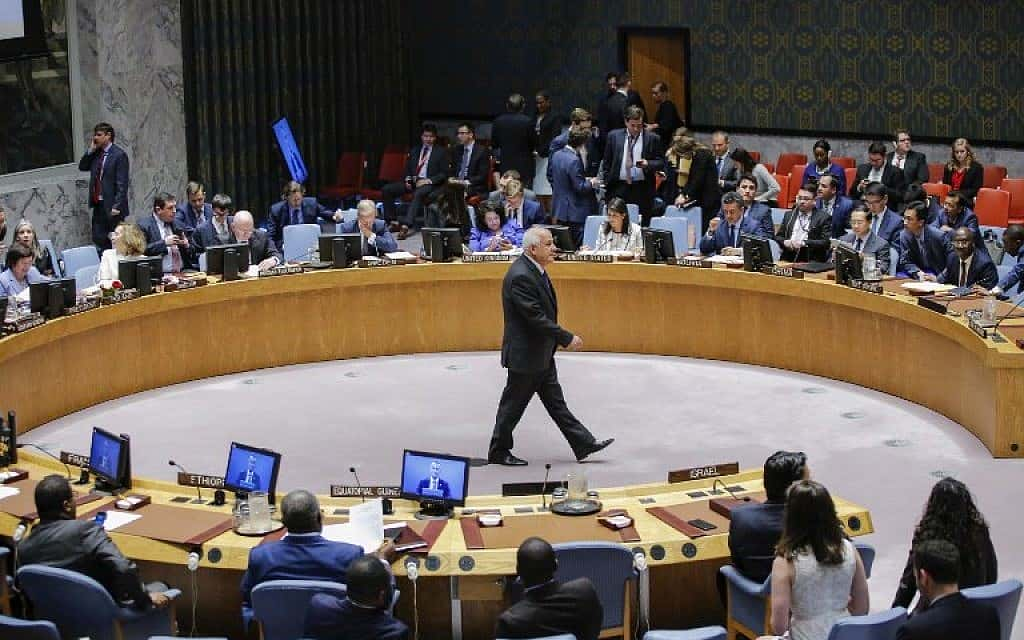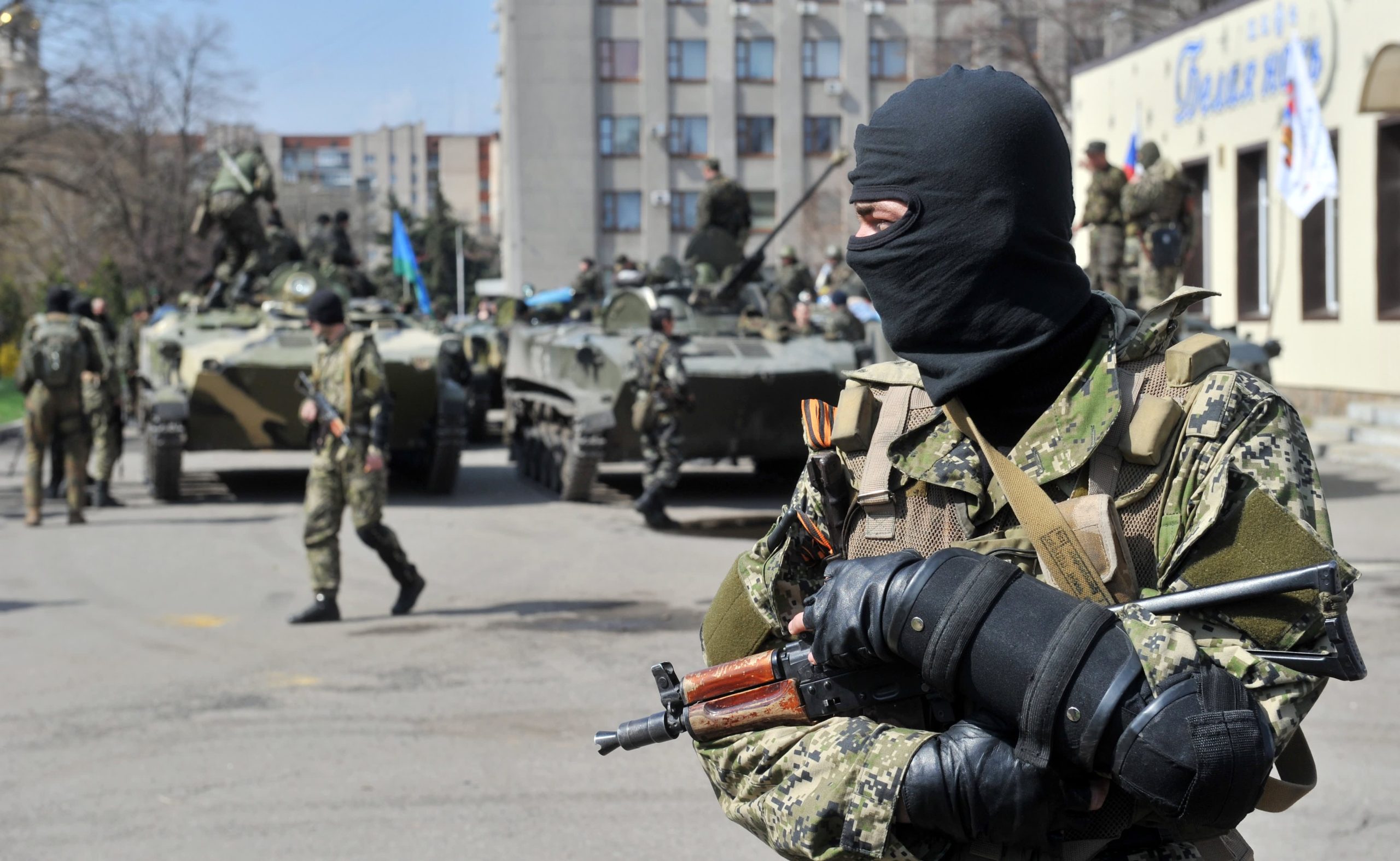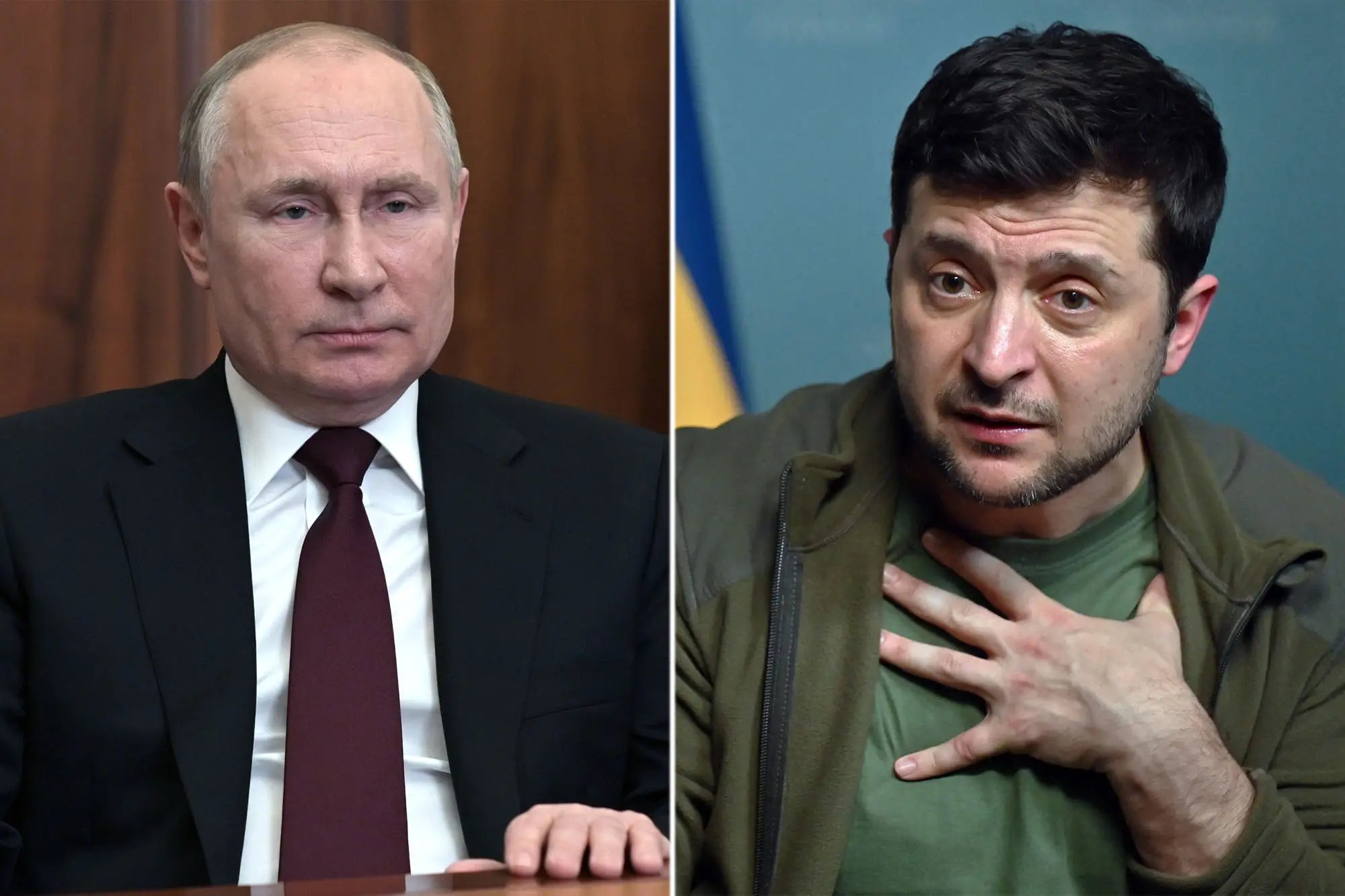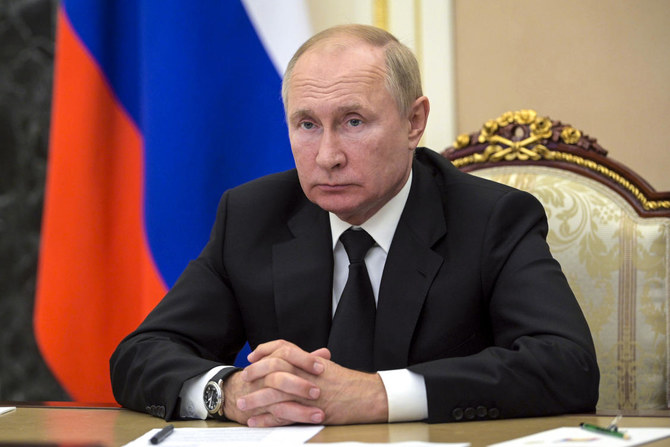The core issue revolves around whether to implement a “humanitarian pause” or a full “ceasefire.”

The United States and Russia have presented competing proposals at the U.N. Security Council to address the humanitarian crisis faced by Palestinian civilians
Both nations are seeking U.N. Security Council resolutions to tackle the critical shortages of essential supplies like food, water, medical resources, and electricity in Gaza. The U.S. proposal emphasizes the need for humanitarian pauses to facilitate the delivery of aid into Gaza, while Russia advocates for a broader humanitarian ceasefire. It’s important to note that a pause is generally seen as less formal and shorter in duration compared to a ceasefire.
The initial U.S. draft presented to the 15-member council was perceived as staunchly pro-Israel, which raised concerns among other U.N. Security Council members. Russia, backed by Arab states, has put forth its own resolution calling for a ceasefire.
For a U.N. Security Council resolution to be adopted, it requires at least nine votes in favor and no vetoes from the permanent members, which include the United States, France, Britain, Russia, and China.
Secretary of State Antony Blinken defended the U.S. proposal during a U.N. Security Council meeting, emphasizing the role the council plays and the practical steps outlined in their text
The U.S. had previously vetoed a Brazilian-drafted resolution calling for humanitarian pauses, citing the need for diplomacy focused on aid access to Gaza and the release of hostages held by Hamas.
On Wednesday, the U.S. proposed an amended draft resolution, which included a call for “humanitarian pauses” following increasing international pressure. The U.S. also removed direct references to Iran and Israel’s right to self-defense.
Russia, however, rejected the proposed U.S. action, insisting on the need for an immediate and unconditional ceasefire. Arab states voiced strong support for a humanitarian ceasefire, expressing their disappointment with the U.N. Security Council’s failure to adopt such resolutions earlier.
READ ALSO: Sergey Lavrov Warns Of Escalation In Israel-Hamas Conflict Amidst Increased




